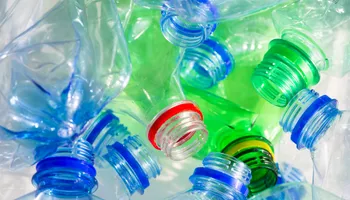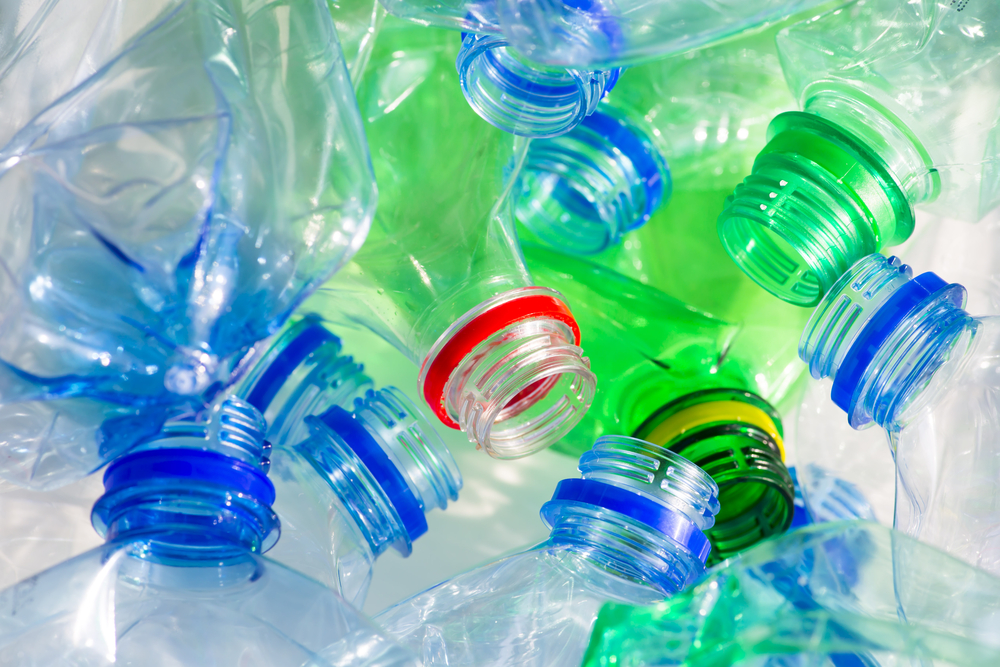
Previous studies have shown that constant, long-term exposure to BPA can affect sexual development and result in brain impairment. Now, a new study carried out by researchers at Seoul National University College of Medicine in South Korea shows that it can also lead to a visible increase in blood pressure.
The researchers, who recently published their findings in the journal Hypertension, asked 60 participants to drink soy milk from either a BPA-lined can or a BPA-free glass bottle. The scientists then examined the participants’ blood pressure and vital signs and took urine samples.
The researchers found that people who drank from BPA-lined cans had 16 times more BPA in their urine than people who drank the milk from glass bottles. Yun-Chul Hong, a physician and one of the study’s co-authors, says this is evidence that BPA can leak from packaging into food.
The researchers also found that those people who drank from the BPA-lined cans had higher blood pressure readings than people who drank from BPA-free glass bottles. Hong says this is an alarming finding “because hypertension, or elevated blood pressure, is a well-known risk factor for heart disease.” Taking things a step further, Hong suggests that “BPA exposure may increase risk of heart disease.”
Laura Vandenberg, a health expert based at the University of Massachusetts-Amherst, says these findings are very alarming. “I must say, I was surprised to see that exposures to beverages containing BPA would have a measurable effect on a health outcome like blood pressure,” notes Vandenberg, who says the study “should definitely be repeated with a broader group of volunteers.”



